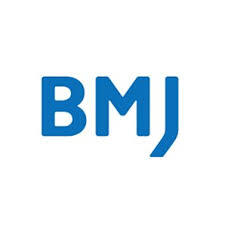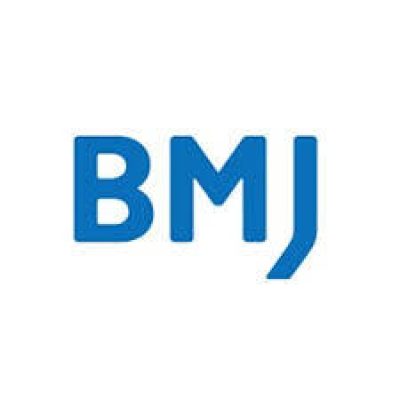Heterogeneous impact of the COVID-19 pandemic on lung, colorectal and breast cancer incidence in Hungary: results from time series and panel data models
Abstract
Objective During the COVID-19 pandemic, health system resources were reallocated to provide care for patients with COVID-19, limiting access for others. Patients themselves also constrained their visits to healthcare providers. In this study, we analysed the heterogeneous effects of the pandemic on the new diagnoses of lung, colorectal and breast cancer in Hungary.
Design Time series and panel models of quarterly administrative data, disaggregated by gender, age group and district of residence.
Participants Data for the whole population of Hungary between the first quarter of 2017 and the second quarter of 2021.
Main outcome measures Number of patients newly diagnosed with lung, colorectal and breast cancer, defined as those who were hospitalised with the appropriate primary International Classification of Diseases Tenth Revision diagnosis code but had not had hospital encounters with such a code within the previous 5 years.
Results The incidence of lung, colorectal and breast cancer decreased by 14.4% (95% CI 10.8% to 17.8%), 19.9% (95% CI 12.2% to 26.9%) and 15.5% (95% CI 2.5% to 27.0%), respectively, during the examined period of the pandemic, with different time patterns across cancer types. The incidence decreased more among people at least 65 years old than among the younger (p<0.05 for lung cancer and p<0.1 for colorectal cancer). At the district level, both the previously negative income gap in lung cancer incidence and the previously positive income gap in breast cancer incidence significantly narrowed during the pandemic (p<0.05).
Conclusions The decline in new cancer diagnoses, caused by a combination of supply-side and demand-side factors, suggests that some cancer cases have remained hidden. It calls for action by policy makers to engage individuals with high risk of cancer more in accessing healthcare services, to diagnose the disease early and to prepare for effective management of patient pathways from diagnosis to survival or end-of-life care.
⇒ Tovább a teljes cikkre



